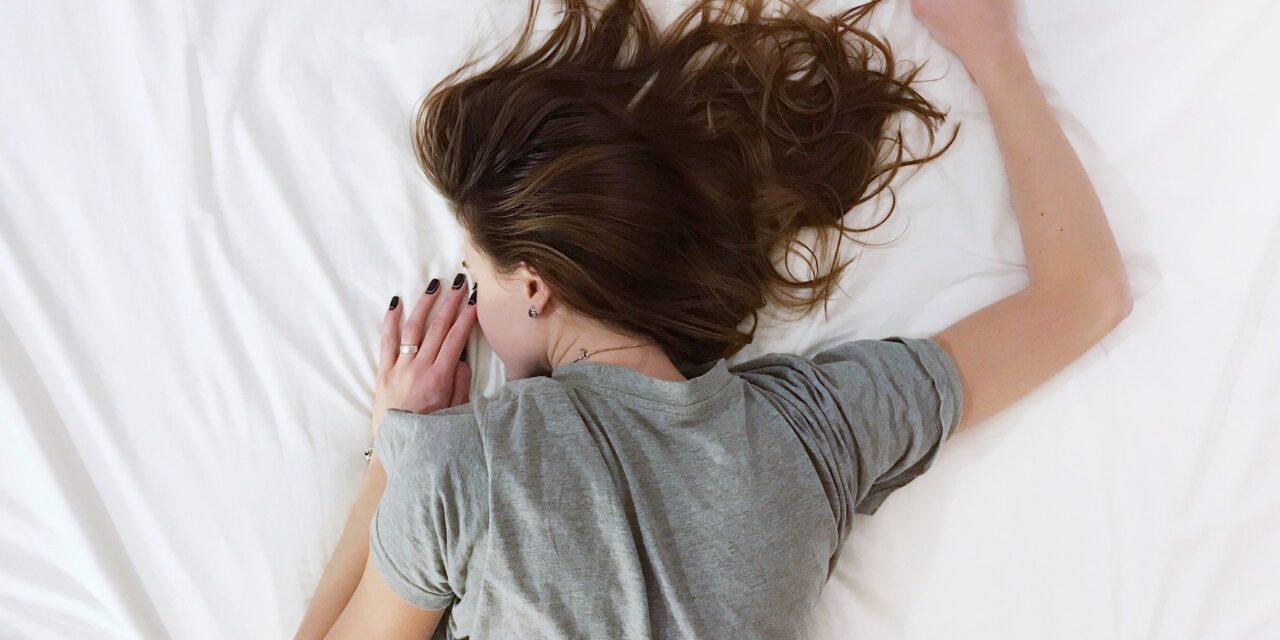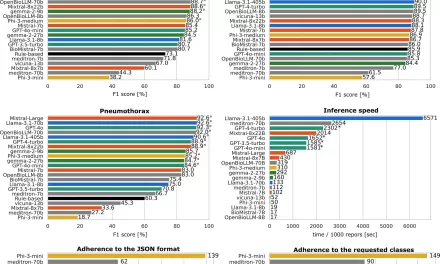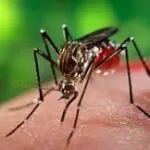September 12, 2024
A recent study published in the journal Neurology reveals that individuals who have experienced a stroke may be more prone to sleep disturbances, either getting too much or too little sleep compared to those without a history of stroke. The findings highlight the importance of sleep in recovery and long-term health for stroke survivors.
Conducted by researchers from Duke University School of Medicine, the study explored sleep habits in a group of 39,559 people. Among them, 1,572 had previously suffered a stroke. Every two years, participants were asked to report their average nightly sleep duration during weekdays. The researchers categorized sleep patterns into three groups: short (less than six hours), normal (six to eight hours), and long (eight or more hours).
The results showed that people who had experienced a stroke were significantly less likely to report normal sleep durations. For instance, only 32% of stroke survivors aged 18 to 44 reported sleeping between six and eight hours, compared to 54% of those without a stroke history. Similar trends were observed in older age groups, with stroke survivors aged 45 to 64 and those over 65 also reporting abnormal sleep durations more frequently than their non-stroke counterparts.
Dr. Sara Hassani, MD, of Duke University and the study’s lead author, emphasized the potential impact of sleep on stroke recovery. “Sleeping the right amount is considered essential for ideal brain and heart health,” Hassani said. “We know that abnormally long or short sleep after a stroke can affect recovery and deteriorate quality of life, so these results should prompt us to screen for these issues and look at how we can help people improve their sleep habits.”
The study found that stroke survivors were 54% more likely to sleep for over eight hours a night, and 50% more likely to sleep for less than six hours compared to those without stroke. Previous research has already linked stroke to sleep disorders such as sleep apnea, insomnia, and excessive daytime sleepiness. However, this study broadens the understanding by showing a general association between stroke and abnormal sleep durations.
“Stroke may directly or indirectly contribute to these sleep problems,” Hassani noted. “Further research should examine how sleep duration affects recovery and overall outcomes for stroke survivors.”
A limitation of the study is that sleep durations were self-reported, which introduces the possibility of inaccurate recall. Despite this, the findings raise important questions about the role of sleep in stroke recovery and highlight the need for medical professionals to consider sleep health as part of stroke rehabilitation.
As stroke continues to affect millions worldwide, understanding the relationship between stroke and sleep could open up new avenues for treatment and prevention.
For more information, refer to the Neurology journal, September 2024 issue.












